#YISHREADS July 2023
By Ng Yi-Sheng / @yishkabob
It’s been a hot minute since we had a rojak column! I.e. a collection of randomly themed books, rather than stuff I deliberately read to suit the theme of the month. Anyhow, I’m currently at the Clarion Workshop in San Diego, so I’m intent on doing as little work as possible other than trying to develop my spec fic—so this list is the product of me cavalierly slapping together five titles I recently enjoyed and hoping the editor won’t hate it.
Of course, now I’ve curated the lot, I can see themes that bind them together. Though they span centuries and continents, they’re all prose fiction works, in some way closely connected with themes of homeland and nationhood, encapsulating the strange worlds that are Indonesia, Nigeria, Macau, Korea and Singapore (with occasional detours to Canada and the UK).
And they’re all full of strange, spirited, enterprising characters making journeys, whether they’re between Javanese cigarette factories, Korean palaces or Macanese cafes. Why not come along for the ride?
Cigarette Girl, by Ratih Kumala
Translated by Annie Tucker
Monsoon Books, 2016
Let’s start off with a historical novel. This one's an old-school, epic, multi-generational story of love and political upheaval, set during Indonesia’s tumultuous mid-century, from the Japanese Occupation to the time of late capitalism (it was published in Bahasa Indonesia in 2012, but I'm not sure if that's when it's set?), as seen through the eyes of two rival business families, both making kretek, i.e. clove cigarettes. Sounds massive, but the book's only a little over 200 pages!
Surprised to discover that the author's a woman—Eka Kurniawan's wife, no less—because both its parallel narratives are extremely male-centred: in the present day, the dying magnate Soeraja pleads with his sons to hunt down a mystery woman named Jeng Yah; in the 1940s, the young cigarette roller Idroes dreams of starting his own enterprise and marrying the beautiful Roemaisa. Sure, women figure in the story, but at first they're prizes to be won, not characters with full agency. It's only later in the story, once Jeng Yah comes into her own as a cigarette-making prodigy, that the cardinal points of gender start to shift—what initially appears to be a story of shattered romance emerges also as (SPOILER) a tale of the intellectual betrayal of a creative woman, as Soeraja's sons discover that he didn't just break her heart, he also stole her damn formula for the perfect kretek.
In a way, this is a portrait of capitalism: the struggle and dreams of wide-eyed young entrepreneurs, the shifting and copying of trends, the eventual decadence of those lucky enough to succeed (Soeraja's sons are either stressed out over the pressures to lead the business or aimless creatives who keep changing their college majors in San Francisco and culturally appropriate Bob Marley's dreadlocks) and the dark wrongs that underlie that success. A portrait of those who rise and those that fail. Though maybe I shouldn't exaggerate this: the anti-Communist massacre of 1965-66 is a major plot point, but the ideological implications aren't really explored... and at the end, there's actually a soap-opera promise that capitalism might redeem itself.
And I know it isn't quite fair to Ratih, but I can't help but compare this novel to her husband's Beauty Is a Wound, which also surveys Indonesian history—although that novel was all about over-the-top magical realism, here we get evocations of the past through the sensuousness of the process of making and smoking cigarettes... And only a hint of the mythical in the comparison of Jeng Yah to Roro Mendut, the legendary Mataram heroine whose spit was sweet.
Repetitions of the national timeline can be cliché, but everyone's gonna do it in their own way. If you can find the right flavour of metaphor—clove and tobacco, maybe—you can make the shades dance.
(UPDATE: I hear it’s gonna be a Netflix series!)
A Man of the People, by Chinua Achebe
Heinemann African Writers Series, 1988
Ah, here’s a classic. It's a romp through the politics of post-independence Nigeria, with the middle-class teacher protagonist, Odili, first largely indifferent to his former teacher-turned-big-man-politician Chief Nanga, then living in his house, partaking of his habits of official visits to book fairs, making intelligent conversation with white expats and hooking up with their nymphomaniac wives... and then turning against him, waging a political war on him (though Chief Nanga punishes him considerably more than Odili can avenge himself) just because he's horny after a young, pretty girl named Edna, the politician's prospective second wife.
Quite a bit of fun, but also depressingly reminiscent of today's politics—policemen doing thug work for the government, bourgeois intellectuals blundering around, foreign interventions in the democratic process, straight-up political assassinations, and a casual resignation of the people that their native rulers will be as bad and as survivable as their colonial ones—and this was written in 1966, a mere six years after nationhood, when you'd have thought hope wasn't dead yet!
Also, once again, there’s a very male POV. The character of Eunice, a beautiful and fiercely intelligent lawyer whose husband gets killed by a policeman whom she then shoots in. the chest when pretending to scrabble in her handbag... is practically a footnote. Ah well, you can’t demand that your classics be woke. (You just critique the hell out of ‘em later.)
The Macanese Pro-Wrestler's Cookbook, by Barrie Sherwood
Penguin Random House SEA, 2021
Here's another of those woefully under-publicised Penguin SEA publications, written by (full disclosure) my former PhD Creative Writing prof! Consider the cover design—is there anything about it that'd communicate the very pertinent fact that this is a hyper-violent, action-filled crime novel?
The title's not inaccurate, mind you. Our protagonist, Zeke Oliveira, is in fact a Macanese former pro-wrestler (and army ranger!), now devoting his life to the upkeep of his parents' restaurant in between listening to motivational tapes to deal with the fact that his American wife refuses to move halfway across the world to be with him. The story's interspersed with illustrated recipes for traditional Macanese dishes, e.g. galinha á Africana, minchi, caldo verde, pasteis de nata (aka Portuguese egg tarts).
But four chapters in, a car bomb goes off, killing Zeke's best friend Manny and sucking him into a world of organised crime and dangerous women, forcing him to travel across the Special Administrative Region, even over to Hong Kong and the Mainland, past ageing Portuguese opera houses and bubble tea shops and casinos (though he pointedly never goes into one, remarking how peaceful and tasteful Las Vegas looks in comparison).
In the process, you get a fantastic overview of the strangeness of being Macanese in the 21st century: part of a tiny mixed-race (Cantonese-Portuguese-South Asian-even a bit of Japanese) community that's seeing its numbers and privileges fall away with the influx of Mainlanders and exoduses to the USA and Australia, but holding together as best as it can. Major parallels to the Eurasian community in Singapore / Malaysia, except that Macau's got a demonymic relationship with this race—they're literally the embodiment of this land, and if they disappear, Macau isn't Macau anymore.
I'm pretty amazed that Barrie's able to impersonate a Macanese POV with such aplomb—besides the patuá and the cultural politics, you really feel that an old hand's guiding you through the alleys as Zeke goes on the run. Turns out he used to go there on holidays as a kid (he was born in Hong Kong), but I can't help but wonder if living in Singapore has its own contribution. We too are trapped between East and West, grasping onto the last shreds of what makes our identities unique. And we too believe that no matter how dire our lives are, a good plate of food makes everything better.
The Story of Hong Gildong
Edited and translated by Minsoo Kang
Penguin Classics, 2016
Oh yeah, this is great stuff! It's a pre-modern Korean novel, traditionally ascribed to the 16th-17th century poet Heo Gyun as the first fiction work composed in hangul—though the translator argues that it was probably written only in the late 18th-19th century. More importantly, it's got truckloads of charm and an undercurrent of joyous subversion, both of which have ensured its popularity up to the present.
The hero's often described as a Korean Robin Hood, due to the fact that he leads a tribe of bandits who steal from the rich and give to the poor. But that undersells the character—he's kind of a mythic chaos god, conceived after his dad had a dream of a dragon descending to earth; highly educated in martial arts, classics, and magic by the time he's a teenager; and able to defy his dad's concubine's hired assassins and the Emperor's generals through cunning disguises and spells that transform blades of straw into exact clones of himself, who bicker and fight over which one's the real one and can actually perform healing magic on humans themselves...
A bunch of Kang’s terribly informative intro's devoted to explaining why it's wrong to read an anarchist politics into the tale. Hong's driven to all this because he's the son of a concubine and thus barred from joining the scholarly and military leadership ranks, and ends up setting up a whole-ass utopian kingdom of his own on the island of Jae—but Kang notes that he consistently states his wish to serve the Emperor using legal means and acts according to the rules of filial piety, and even rules his own kingdom in a feudal fashion with his concubines' kids given lower ranks, as if he'd learned nothing from his own oppression. Not quite a revolutionary manifesto, but still appealing to the peasantry who envy the yangban class—rather like The Story of Chunhyang, that other great Joseon-era tale.
Anyhow, this translation's a joy and a jiffy to read, so it's thoroughly recommended. Plus I commend Kang's decision to render all the references to Chinese historical figures into romanised Korean. Sun-Tzu's name is now Sonja!
Heaven Has Eyes, by Philip Holden
Epigram Books, 2016
Somehow this book didn't grab headlines when it came out—I thought of it as a mere curiosity, the fact that this National University of Singapore English prof and champion of SingLit had decided to switch gears and contribute to the corpus for a change. But now I've finally read it—some time after his departure from the country in 2018—I'm kinda flabbergasted by how fearless it is, how many taboos in political fiction it gently snaps.
You see, a whole lot of these collected stories involve confrontations with the PAP. The title piece juxtaposes the General Elections of 2016, with all their media bias and rising opposition, with a Channel 8 serial, also titled Heaven Has Eyes, which turns the dominant party's rule into a soap opera. "Aeroplane" invokes the fate of Lim Chin Siong. "Gan Rou, Kong Bak" takes place against the backdrop of Lee Kuan Yew’s funeral and subtly compares his legacy to a pet pig who needs to be kicked out of the house. "When Pierre Met Harry" and "Forbidden Cities" are straight-up fanfics imagining Lee's life abroad in London in the 40s and Vancouver in the 60s. (A little like what I was doing with my own collection Lion City in 2018! I wonder if the folks at Epigram were thinking, Holden walked so that Yi-Sheng could run?)
The style is in general domestic, unsensational, yet there are also spec-fic pieces. "The First Star From the Moon" involves the spread of a harmless plague (an analogy to homosexuality, or leftism?). "Penguins on the Perimeter" features the obliterated memory of indigenous penguins at Tanjong Rhu.
Similar to our POV characters: though there's some variation, the author's not trying super-hard to obscure his biography. They're often some combination of white, middle-aged, Mandarin-speaking, academic, suffering from chronic illness, linked to Canada (his current home) or, less often, the UK (his birthplace). Nothing obnoxious or AMDK about this positionality, mind you: race is usually revealed casually, halfway, without reference to power (white women married to Singaporean men appear as often as vice versa), and secondary to the privileges of citizenship...
As is revealed rather transparently in "It's All in a Dream", about an English prof's Kafkaesque struggle to get his PR renewed after signing a petition in support of another academic (I've been there, Phil). Interestingly, he takes the title and structure from a 1964 short story by the early Singapore author Lee Kok Liang. Allegiances declared: Holden knows what texts he wants to be in dialogue with, and they're from a country that doesn't love him back.
Ng Yi-Sheng (he/him) is a Singaporean writer, researcher and LGBT+ activist. His books include the short-story collection Lion City and the poetry collection last boy (both winners of the Singapore Literature Prize), the non-fiction work SQ21: Singapore Queers in the 21st Century, the spoken word collection Loud Poems for a Very Obliging Audience, and the performance lecture compilation Black Waters, Pink Sands. He recently edited A Mosque in the Jungle: Classic Ghost Stories by Othman Wok and EXHALE: an Anthology of Queer Singapore Voices. Check out his website at ngyisheng.com.
If you’ve enjoyed reading this article, please consider making a donation. Your donation goes towards paying our contributors and a modest stipend to our editors. Singapore Unbound is powered by volunteers, and we depend on individual supporters. To maintain our independence, we do not seek or accept direct funding from any government.


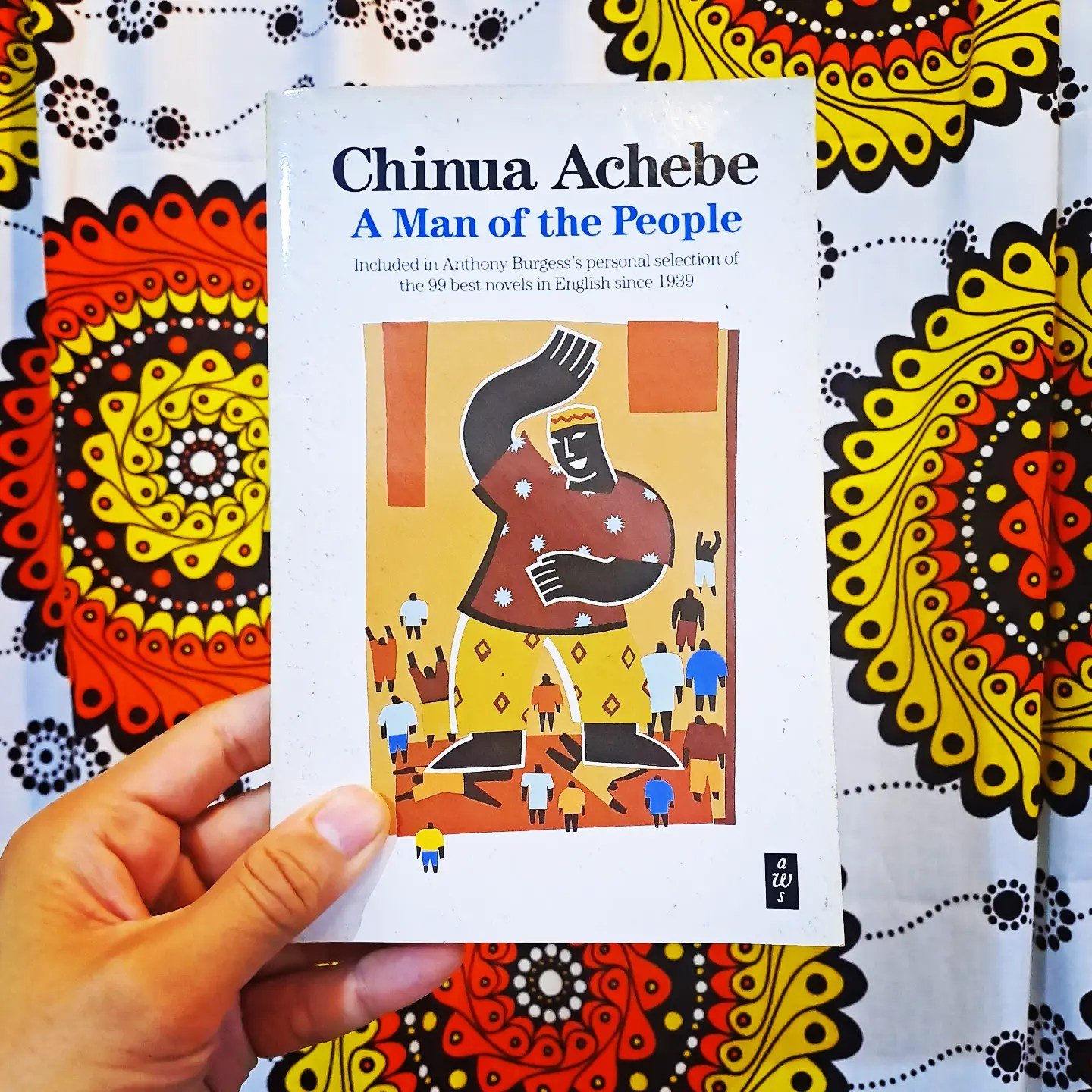
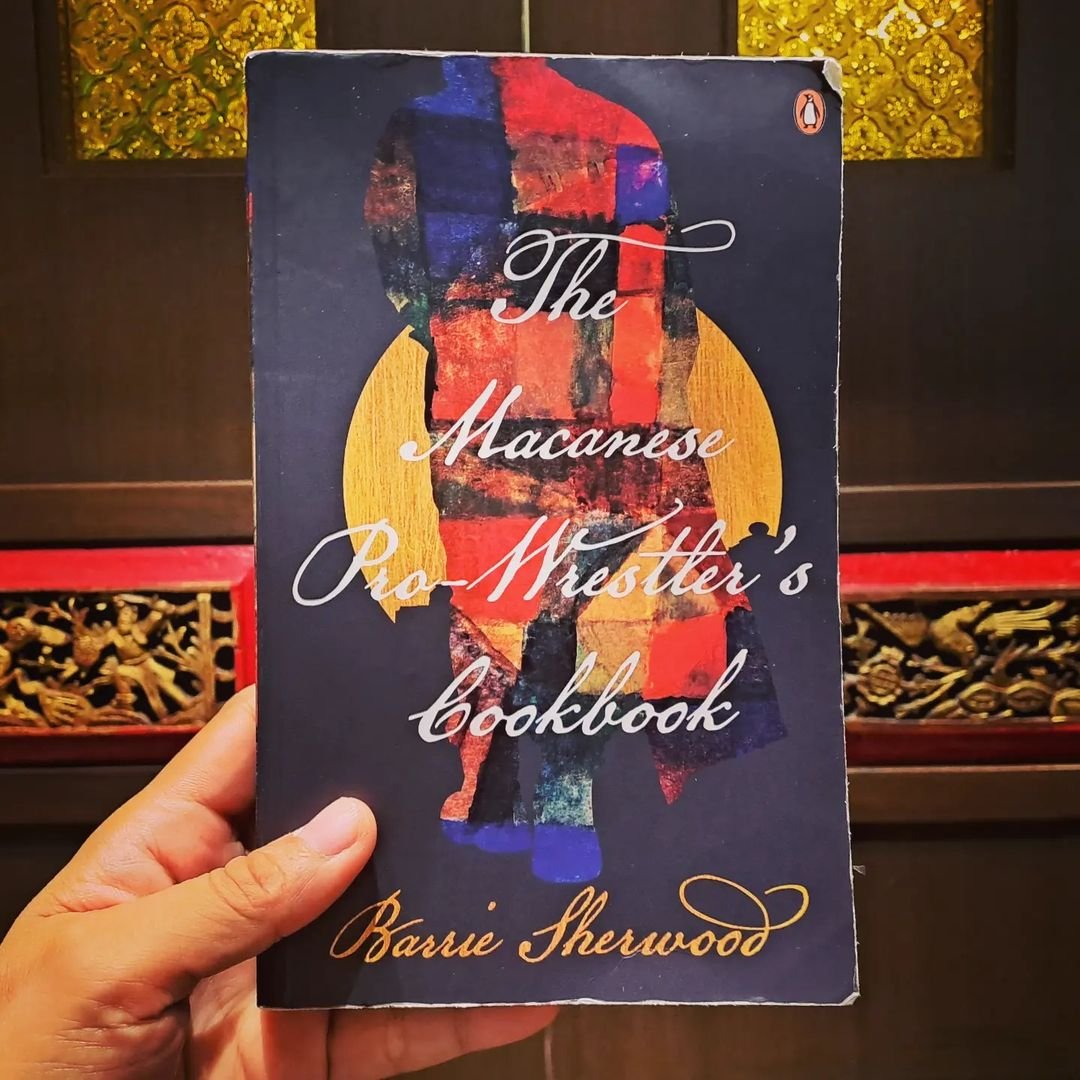


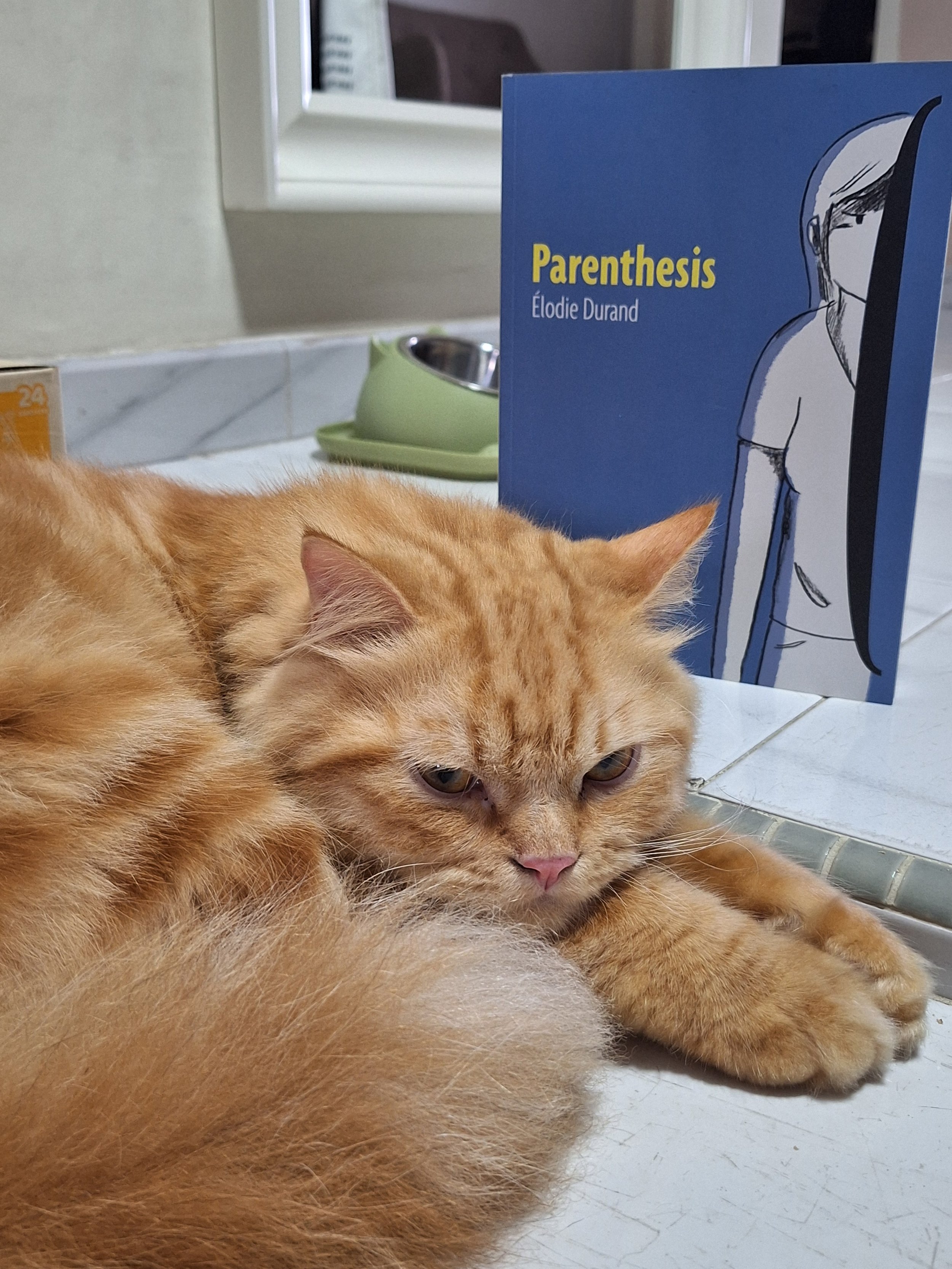
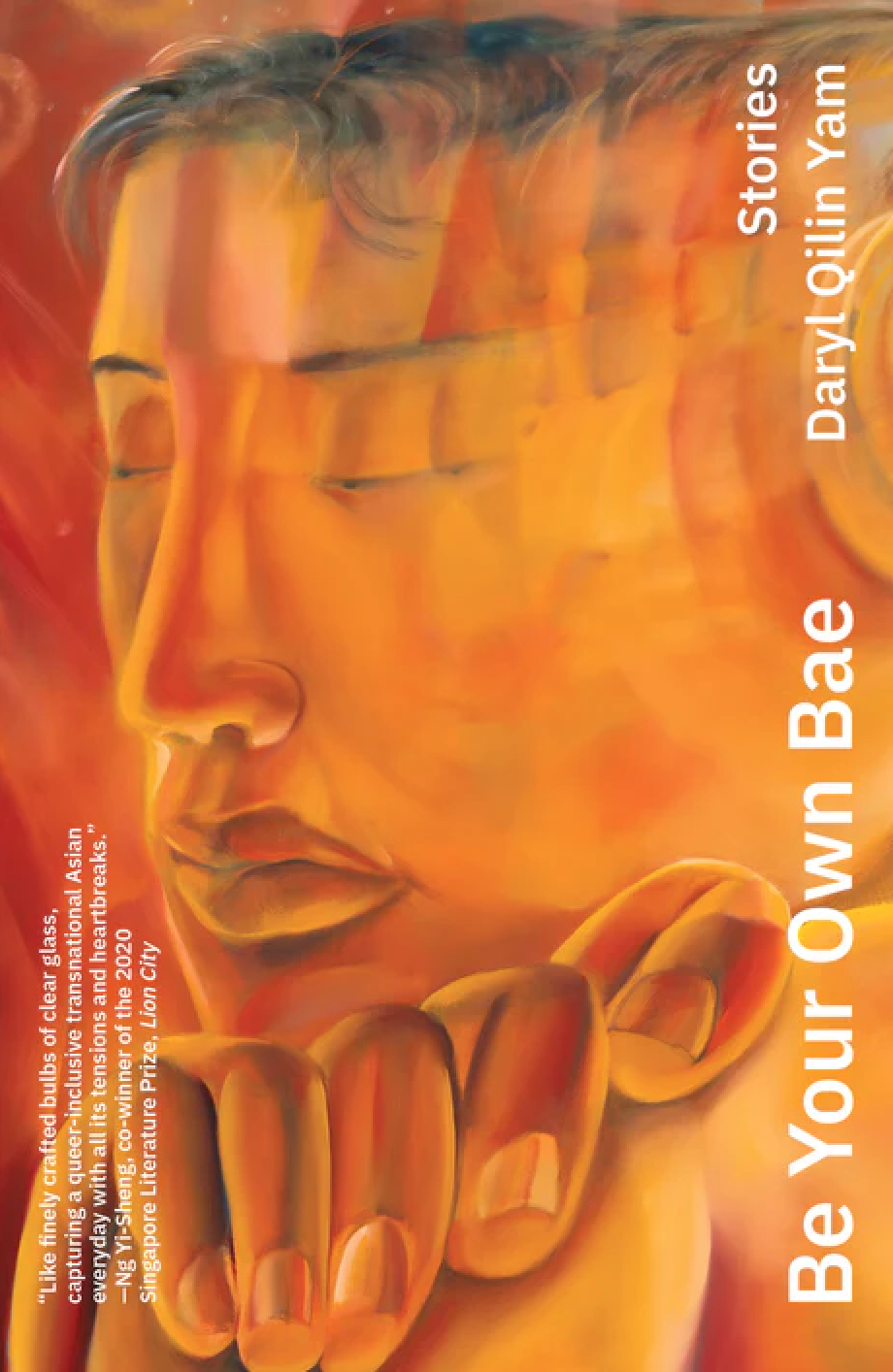
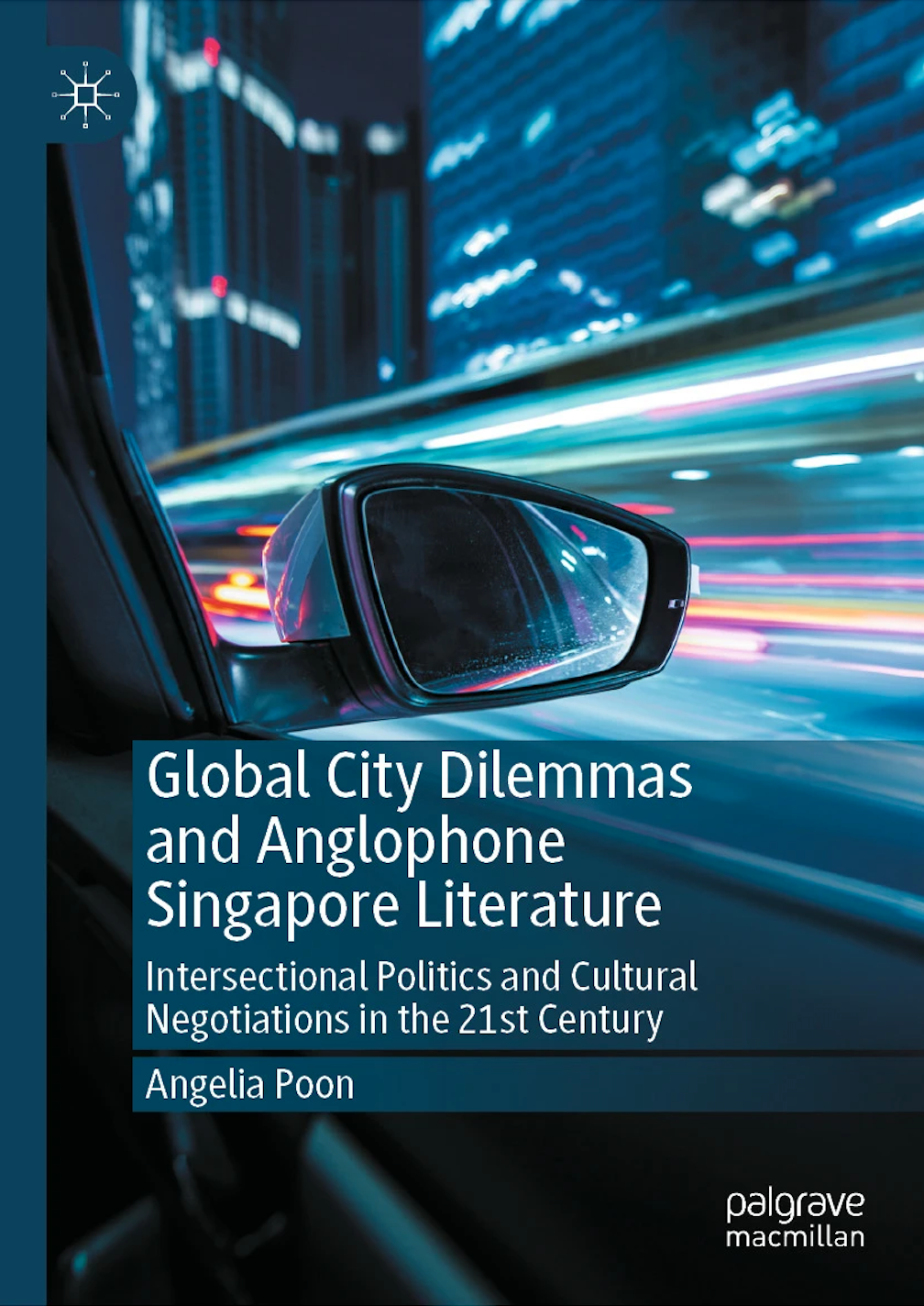
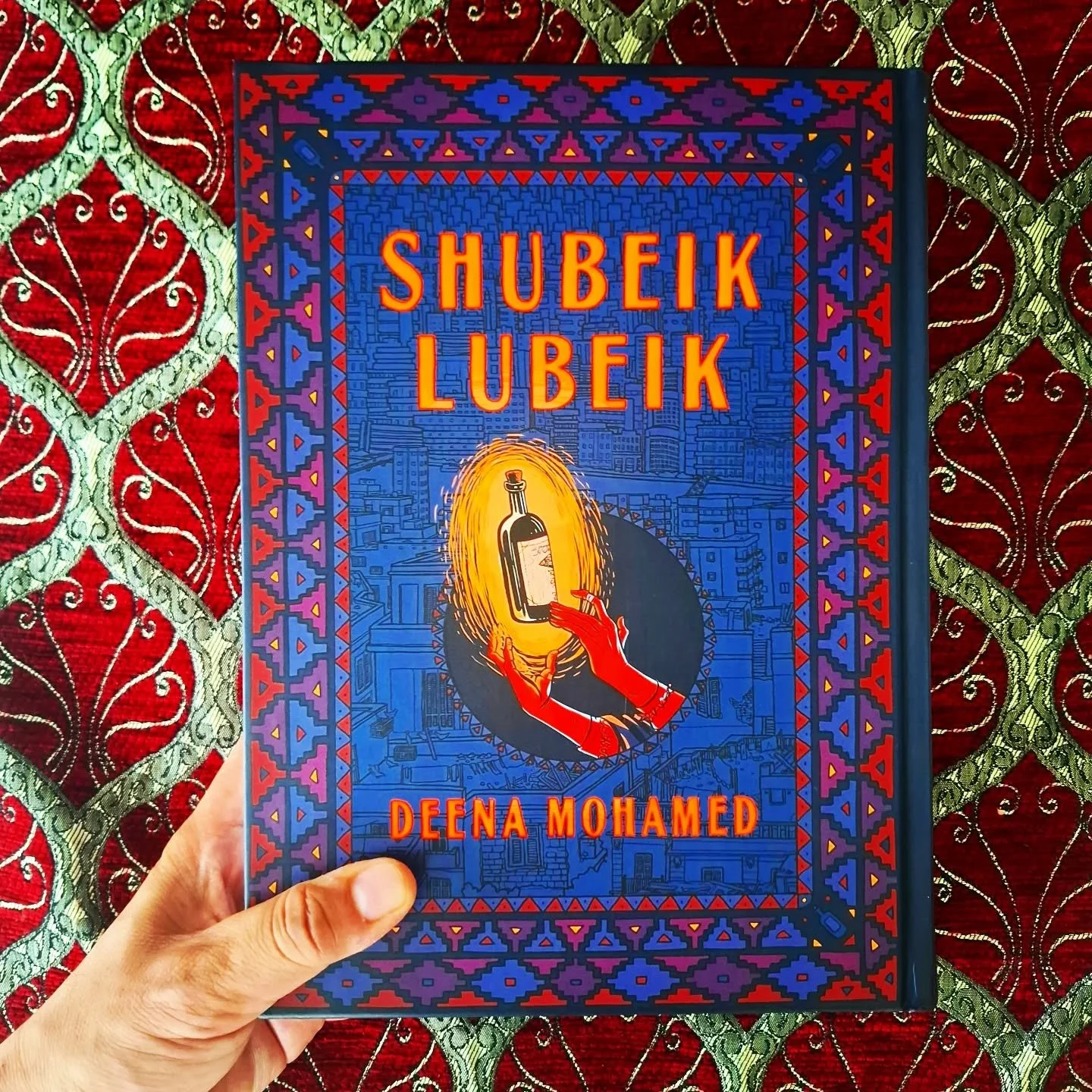



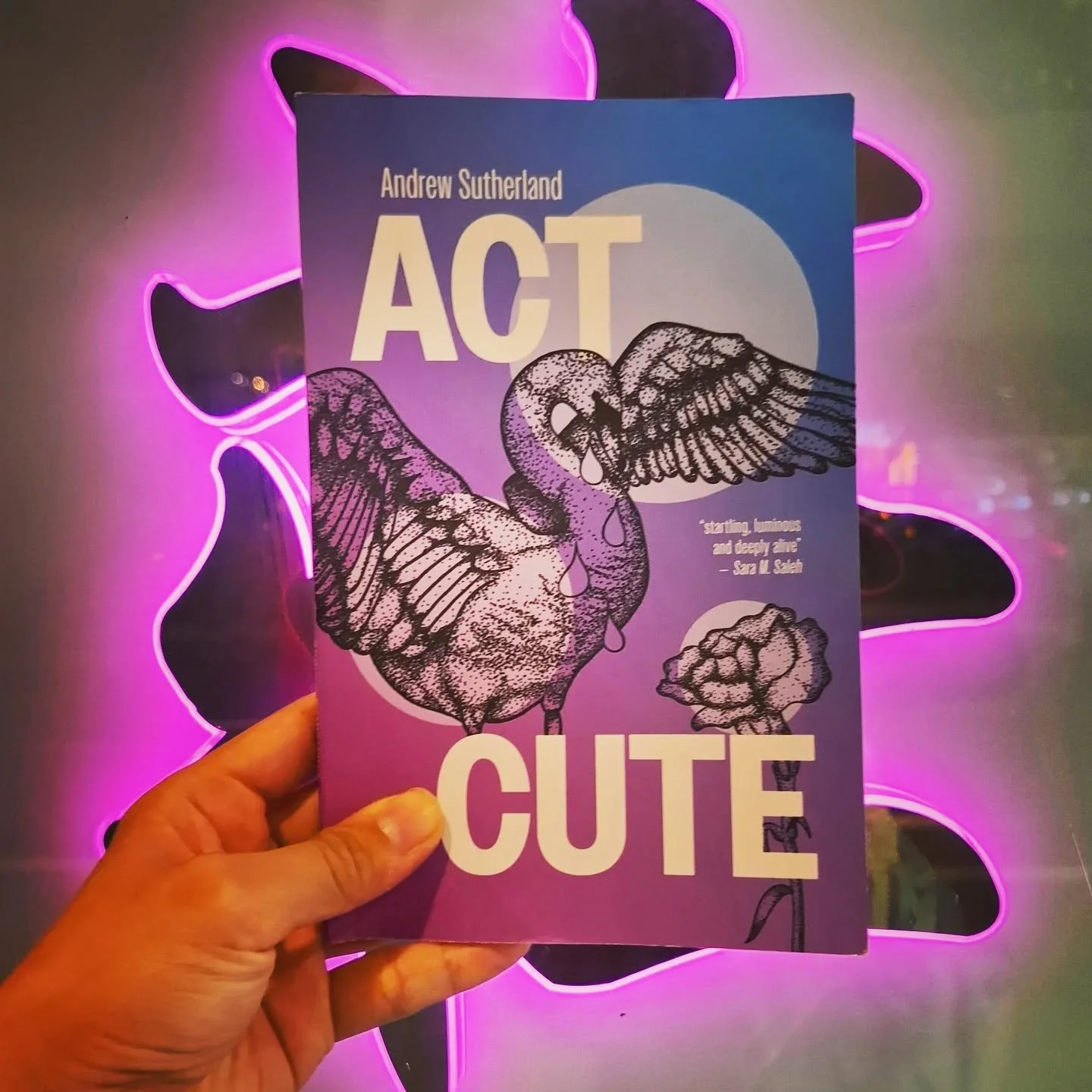
In Taiwan Travelogue, ‘twinned souls… are at once lost, but also found, in translation.’ A review by Eunice Lim.